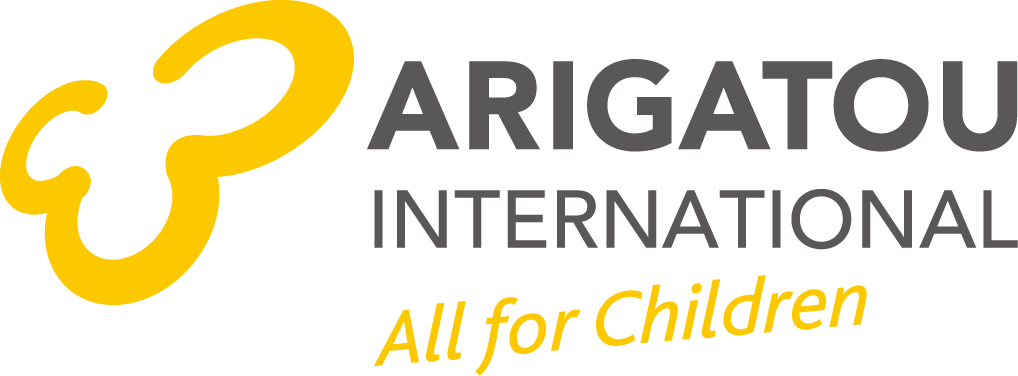Since the beginning of the GNRC in El Salvador, in 2004, direct support has been given for children and young people in vulnerable situations. In 2016, the Centro Bartolomé de las Casas Foundation executed a project called Bridging the Gap, which intervened in two highly violent communities, labeled by conflicts between gangs and maras; These communities are Montreal in Mejicanos and Popotlán in Apopa, both in San Salvador. The project worked integrating the Ethics Education proposal and the Learning to Live Together Manual with children, adolescents and adults.
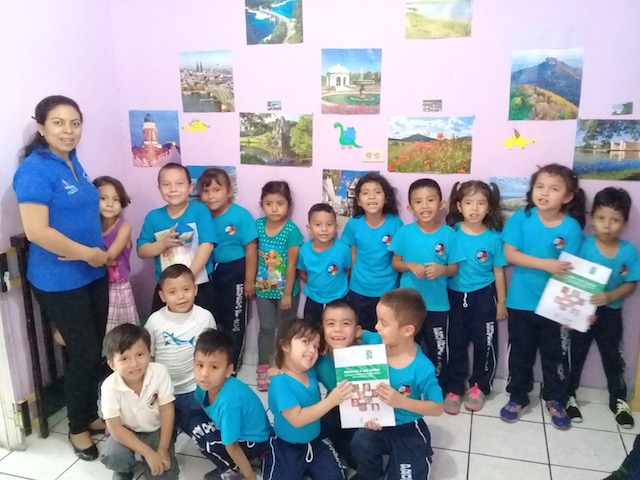
The initiative went even further thus it encountered more needs and movements within the communities, which led to partner with local and foreign allies to support this work. The project had different methodological and formative proposals such as Ethics Education, Education for Peace, Gender and Masculinities and Urban Agriculture.
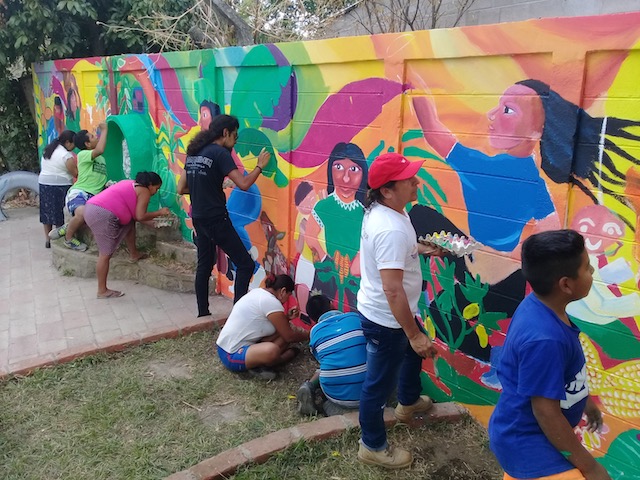
Each of these proposals marked the direction of the project, contributing to the reconstruction of the social fabric, which has been broken by the situations of violence and vulnerabilities that are experienced within these communities.
The articulation of religious leaders in the work of preventing violence is very important since it contributes to the reconstruction of the social fabric and to give visibility to the vulnerability that afflict children and adolescents. In that sense, GNRC El Salvador creates spaces to give visibility to the role of faith communities to face the current problems, approaching them from different perspectives and contributing with the work that each one carries out with their own scope.
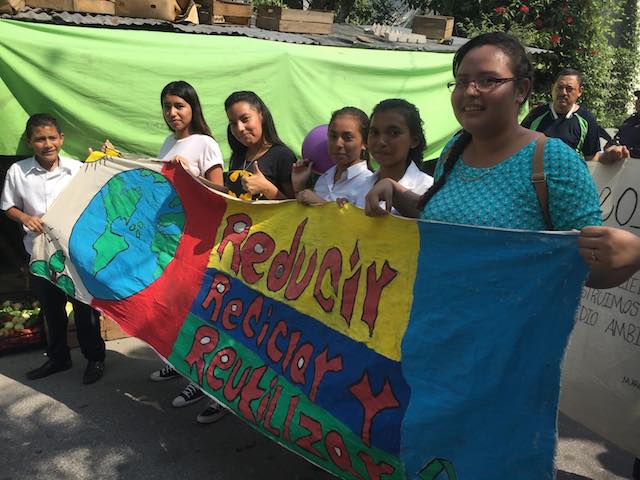
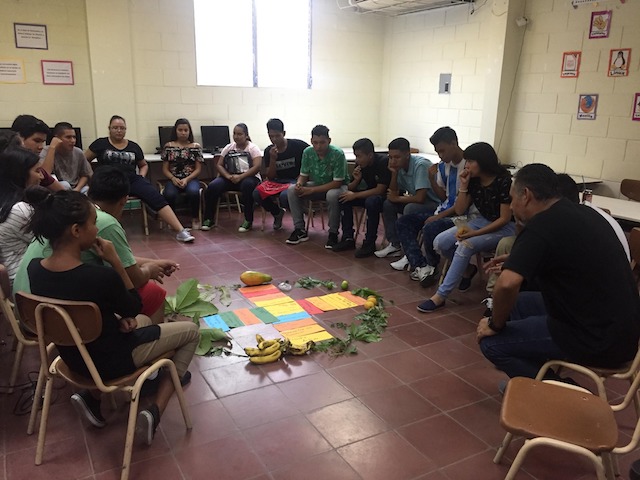
Regarding how at Arigatou International and GNRC we can better work together to promote children’s rights: we can continue to create bonds of trust between the Bartolomé de las Casas Foundation, articulating the work that is already done from our organization with each of your platforms and spaces which can be promoted with the support of our allies.
There is much to do and to promote since the rights of children are increasingly undermined and violated due to the realities of each country. For the aforementioned, it seems important to me that there are more and more synergies to join forces, influence and promote work with children, adolescents and young people.
